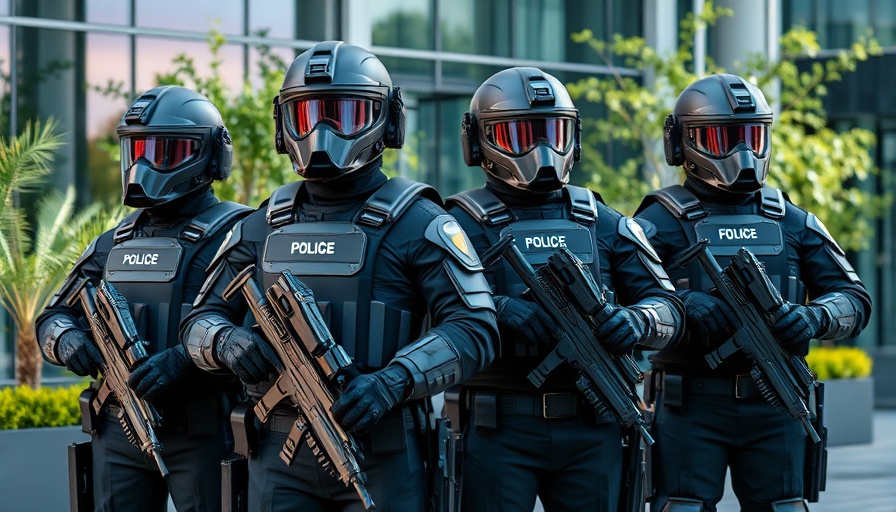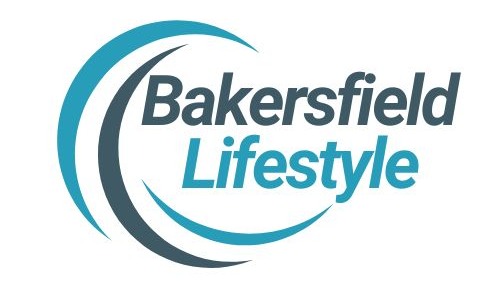
Inhumane Conditions Revealed in Federal Building
The plight of Rami Othmane, a Tunisian man currently detained in Los Angeles, raises serious concerns about the treatment of immigrants by U.S. authorities. Detained by U.S. Immigration and Customs Enforcement (ICE) shortly after his arrest on July 13, Othmane has reportedly been subjected to inhumane living conditions inside the Federal Building in downtown L.A. According to his wife, Dr. Wafaa Alrashid, Othmane has had no access to proper bedding, hygiene supplies, or the privacy every individual deserves. This situation underscores a critical intersection between immigration enforcement and human rights.
A Family's Heart-Wrenching Testimony
Dr. Alrashid, who is the chief of medical staff at a local hospital, was making grocery plans with her husband via FaceTime when the agents abruptly stopped him. Alrashid claims that the agents did not present any identification or a warrant, which has prompted questions regarding the legality of the arrest. The couple had recently filed an I-130 petition to adjust Othmane's immigration status, highlighting their deep commitment to navigating a complex system legally.
Chronic Pain Ignored: A Layer of Urgency
Compounding this crisis is Othmane’s medical needs. He has been living with chronic pain and an untreated tumor—conditions that merit immediate medical care. Alrashid’s advocacy for her husband echoes broader calls for the humane treatment of detainees. Othmane’s story is not in isolation but rather part of a systemic oversight that impacts countless other immigrants waiting for due process in their legal battles.
The Community Reacts: A Call to Action
The National Day Laborer Organizing Network organized a protest vigil outside the detention facility to demand Othmane’s release. Their calls emphasize the need for compassion and respect for all individuals, regardless of their immigration status. Many activists argue that every individual deserves dignity as well as due process. Across the nation, similar stories continue to fuel debates about immigration policies and humanitarian rights.
The Bigger Picture: Trends in Immigration Enforcement
Othmane's case sheds light on a troubling trend in immigration enforcement practices, especially amid escalating deportation rates. Protests and public outcry against such conditions serve not just as support for Othmane but as a clarion call for systemic change. As we witness an increase in arrests that seem arbitrary and cruel, there is a growing demand for policies that respect human rights and the dignity of individuals caught in the immigration system.
Hope for Change: What Can Be Done?
Actions taken by community organizers and concerned citizens can create significant waves of change. Engaging with local advocacy groups, participating in campaigns that push for policy reform, and determining how to support affected families are essential steps every community might consider to foster a more humane approach to immigration enforcement. As evidenced by the public demonstration for Othmane, collective voices can create meaningful dialogue and change the status quo.
Concluding Thoughts: A Personal Call
The heart-wrenching story of Rami Othmane serves as a poignant reminder of what is at stake for immigrant families. For those residing in Bakersfield and beyond, we must remain vigilant and vocal about ensuring humane treatment for all individuals, particularly those navigating the intricate and often unkind immigration process. Raise your voice, get involved, and advocate for justice.
 Add Row
Add Row  Add
Add 



Write A Comment